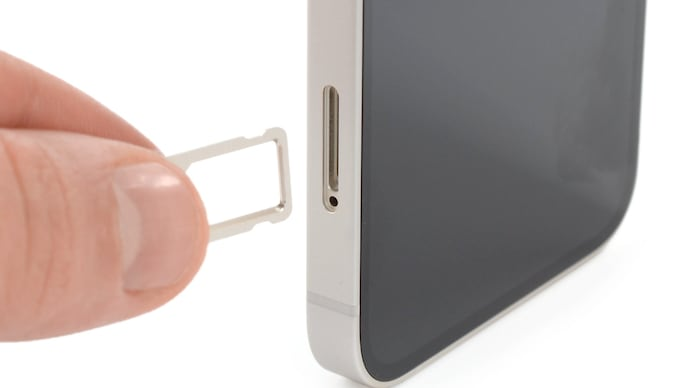With the rumored radical design choices of the upcoming iPhone 17 Air in mind, it is clear that Apple has decided that e-sim is the future of the iPhone. However, for countries that do not support eSIM, this could severely impact iPhone sales.

Apple is planning to remove the physical SIM card tray on iPhones in more countries next year, The Information said today, in a report focused on the ultra-thin “iPhone 17 Air.” However, the report did not mention any specific countries.
Apple has expressed its preference for eSIM in the past and highlighted its benefits.Apple promoted eSIMs as being more secure than a physical SIM, as they cannot be removed from an iPhone that is lost or stolen. In addition, at least eight eSIMs can be managed on an iPhone at once, eliminating the need to obtain, carry, and swap physical SIM cards while traveling.
In the U.S., all iPhone 14 through iPhone 16 models do not have a SIM card tray, and instead rely entirely on digital eSIM technology. Apple has yet to release any iPhones without a SIM card tray outside of the U.S., but it sounds like the change will finally expand internationally starting with the iPhone 17 lineup next September.
Indeed, the report said that all current “iPhone 17 Air” prototypes lack a SIM card tray. Featuring a rumored thickness of 5 mm, the iPhone 17 Air will be the thinnest iPhone to date. With such limited internal space and Apple’s affinity for eSIM, it is no wonder that the iPhone 17 Air would not include a SIM tray by design.
The report said it is unclear if the device will be sold in China as a result, since the country has not approved the use of eSIMs in smartphones. Of course, that could change.